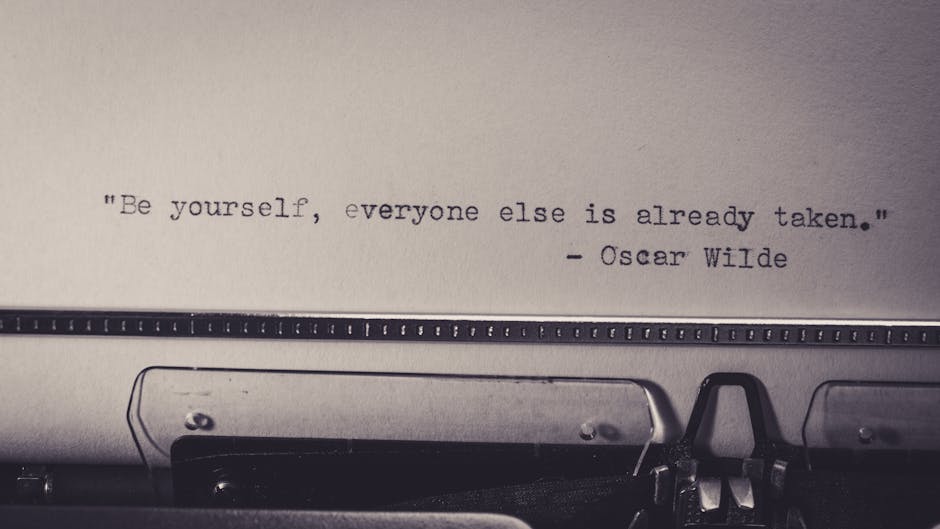5 More Words That Will Help You Convince People
I just recently published the five words that will help you convince your customers. This time around, I will share with you another set of five words. Read them below:
Or
- The question is not whether your customer will buy your product or not. So, don’t tell people to check out your newest product. Instead, tell them the different features of the product. Plus, it is available in various colors and shapes.
- Tell them, “Would you like the portable speaker in blue, black, white or red?” We have them in different colors.
- You should keep in mind to give them a lot of options. Because if you provide a variety of options to choose, you exponentially increased your chances of getting a big “YES!” from your customers.
Imagine.
- When you tell people to imagine, you ask them to create a mental image of something. The advantage of this strategy is that they are the main protagonist in their own perceived story.
- Thus, “imagine” will help you convince people more easily that they need this product right now.
- They can imagine themselves using your products and bringing comfort in their lives. As a seller, when your customers have pictured something in the mind, you just need to give them a little push, and they will surely click that “add to cart” right away.

Senses.
- It’s not the exact word you need to use per se. Instead, you need to use verbs that heighten the sensory experience of your customers.
- Some examples include: see, watch, feel, listen, taste, hear, and a lot more.
- For example, you can say something like…
- Want to hear a preview of our newest song? Listen to our exclusive preview right here.
- The words “hear” and “listen” stimulate people’s senses. You will be able to catch their immediate attention.
- So, don’t forget to use sensory language as a way to get in touch with the 5 senses.
Power Words.
- The English language is brimming with countless words that induce strong feelings of happiness, anger, encouragement, fear, joy, contentment, and disgust. Learn to apply these “big” words when you are thinking of headlines, blog posts titles, advertisements, and banners.
- Here are some examples:
- Foolproof
- Greatest
- Breathtaking
- Annoying
- Badass
- Effortless
- Extraordinary
- Deceiving
- Heavenly
- Unbeatable
Because.
- Ellen Langer, a distinguished professor at Harvard University, shared her thorough study on the word “because.”
- She asked students if it would be okay for them when suddenly somebody decides to cut in.
- Here are the sentences she used when she tried to break the long line.
1. Excuse me, I have 5 pages. May I use the xerox machine?
2. Excuse me, I have 5 pages. May I use the xerox machine, because I have to make copies?
3. Excuse me, I have 5 pages. May I use the xerox machine, because I’m in a rush? - She was able to conclude that when she did not provide a reason for cutting the line, only 60% people agreed. However, when she said a particular reason (see sentence 2 & 3), more than 90% of the respondents allowed her to cut the line.
- So, what do we get from this study? You should always include a reason behind your action.
If ever you ask your customers to fill out a survey, always include a short explanation why you need such information. Share the purpose of the given data.
- Here are the sentences she used when she tried to break the long line.
